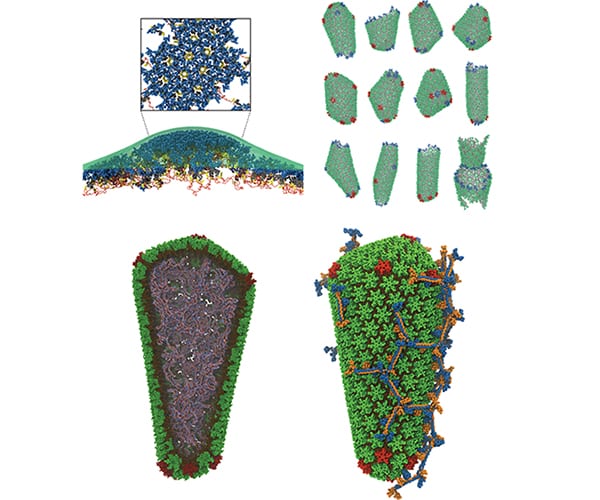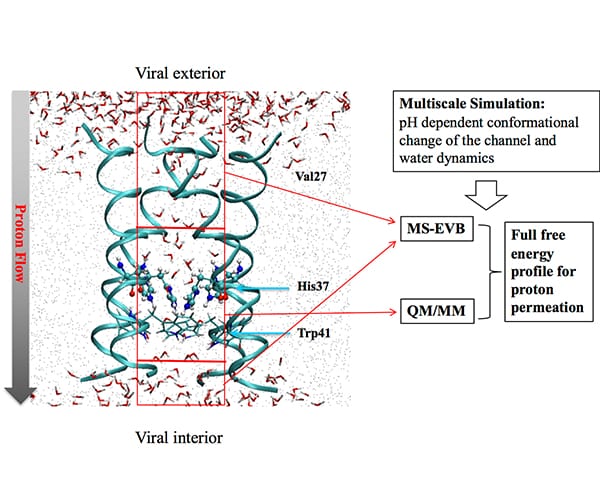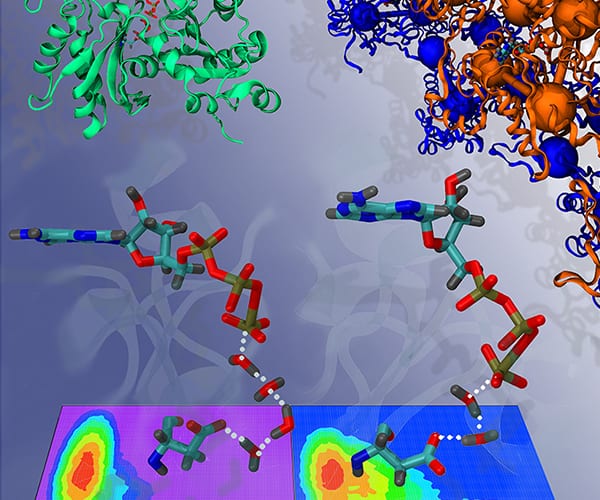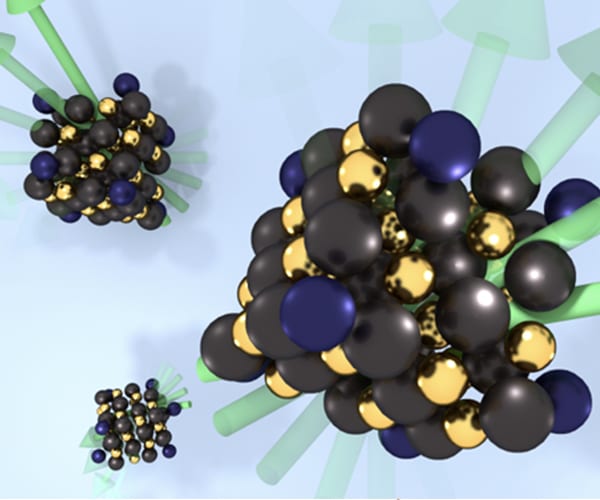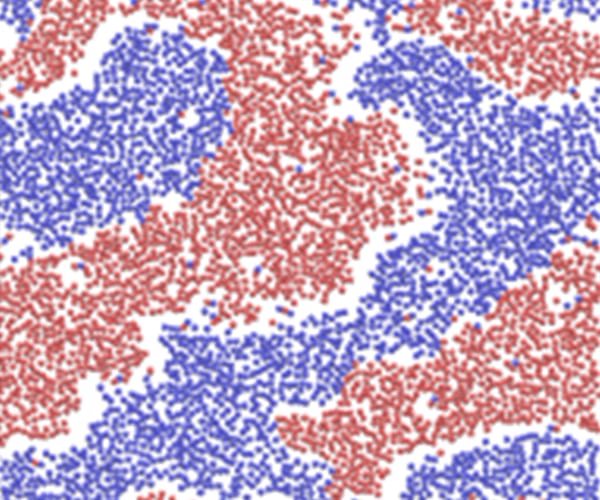The Chicago Center for Theoretical Chemistry (CCTCh) performs state-of-the-art research in theoretical and computational chemistry, materials science, and biophysics.
The nine faculty members and their research groups develop and apply novel computational and analytical techniques, and push the frontiers of electronic structure, statistical mechanics, and chemical dynamics.
The CCTCh serves as a vehicle to highlight the breadth of theoretical chemistry traditionally found at the University, including its ongoing research activities and long history. The primary missions of the CCTCh are to foster research and raise visibility within this area of great present and past strength at the University, and to strengthen collaboration and recruiting efforts of faculty members, postdocs, and students.
